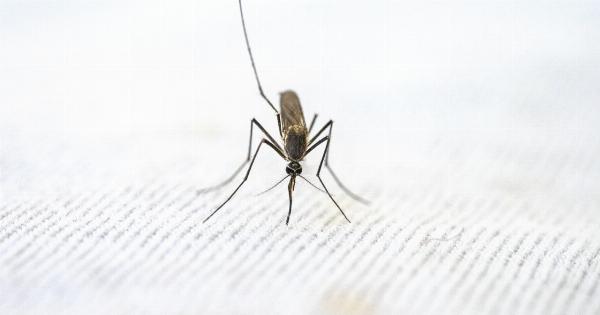Viral hepatitis is a global public health issue. It is a disease caused by five distinct viruses and is characterized by inflammation of the liver.
Although all forms of viral hepatitis can cause significant liver damage, Hepatitis B and Hepatitis C are responsible for the majority of these deaths.
The Global Burden of Viral Hepatitis
The World Health Organization has estimated that 325 million people worldwide are living with viral hepatitis, with most affected people not aware of their infection.
Over 1 million people die each year from viral hepatitis, which is more than the number of deaths caused by HIV, malaria or tuberculosis. 90% of people with Hepatitis B and 80% of people with Hepatitis C do not know they are infected, leading to the silent spread of the disease.
Hepatitis B and Hepatitis C: Differences and Similarities
Hepatitis B and Hepatitis C are both caused by viruses that are transmitted through the blood or body fluids of an infected person. However, there are some differences between the two viruses.
Hepatitis B is a highly infectious virus that can be transmitted through unprotected sexual contact, sharing contaminated needles, mother-to-child transmission during childbirth and even through small cuts on the skin.
In contrast, Hepatitis C is mainly transmitted through the sharing of contaminated needles and other drug paraphernalia but can also be spread through blood transfusions using unscreened blood or blood products or by accidental needle sticks.
Sexual transmission of Hepatitis C is uncommon, except in individuals with multiple sexual partners.
Both viruses share the commonality of potentially causing chronic infection, liver cirrhosis and liver cancer if not detected and treated early.
Prevention: What Can You Do?
The good news is that viral hepatitis is preventable. Here’s how you can protect yourself and others:.
Hepatitis B
- Get vaccinated – it’s the best way to protect yourself from the virus.
- Always use a condom during sexual activity.
- Avoid sharing needles, razor blades, toothbrushes or anything else that might come into contact with blood.
- Ensure all medical equipment (including needles) is sterile before being used on you.
- If you are pregnant and have Hepatitis B, talk to your doctor about how to prevent transmission to your child.
Hepatitis C
- Do not share needles, razors, toothbrushes, or any other equipment that might come into contact with blood.
- If you need a medical procedure, ensure that all equipment used on you is sterile.
- If you are a healthcare worker, follow proper infection control procedures, including using protective clothing and eliminating the risk of needle stick injuries.
- Do not donate blood if you have Hepatitis C.
Testing: Why it’s Important
The only way to know if you are infected with viral hepatitis is through a blood test. Testing is especially important for those considered to be at higher risk of infection such as:.
Hepatitis B
- People from regions with high incidence of Hepatitis B, including Asia, Africa, Pacific Islands and southern Europe.
- People who have multiple sexual partners or who engage in unprotected sexual activity.
- Injection drug users.
- Men who have sex with men.
- Individuals on hemodialysis.
Hepatitis C
- Current or former injection drug users.
- People who have received blood transfusions or organ transplants before 1992.
- Recipients of blood products used in clotting factors before 1987.
- People on long-term hemodialysis.
- Men who have sex with men.
Treatment: It’s Worth It
Treatment for viral hepatitis varies widely depending on the type of virus, extent of liver damage and other individual factors. However, early diagnosis and treatment can significantly reduce the risk of liver cirrhosis, liver cancer and death.
In some cases, treatment can clear the virus completely.
Treatment options for Hepatitis B include antiviral medications, while Hepatitis C is typically treated with a combination of antiviral therapy and, in some cases, a liver transplant.
Conclusion
Viral hepatitis is a global issue that can have serious consequences if not detected and treated early.
As an individual, there are steps you can take to protect yourself and others, including getting vaccinated and practicing safe sex and safe drug use. Testing is crucial for those at higher risk, and treatment options are available that can significantly reduce the risk of liver damage and other complications.




























